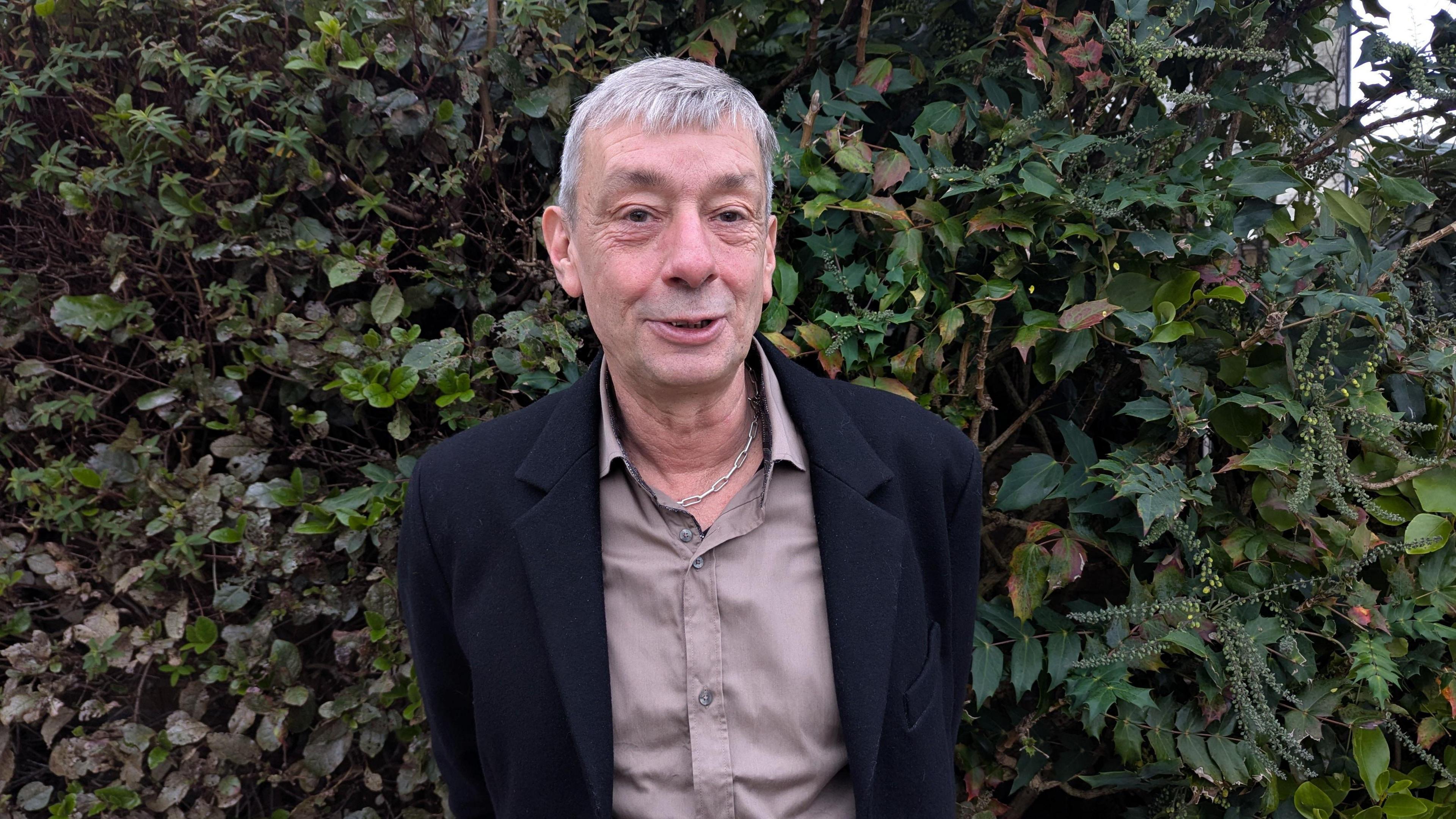'Raving without alcohol is the best feeling'
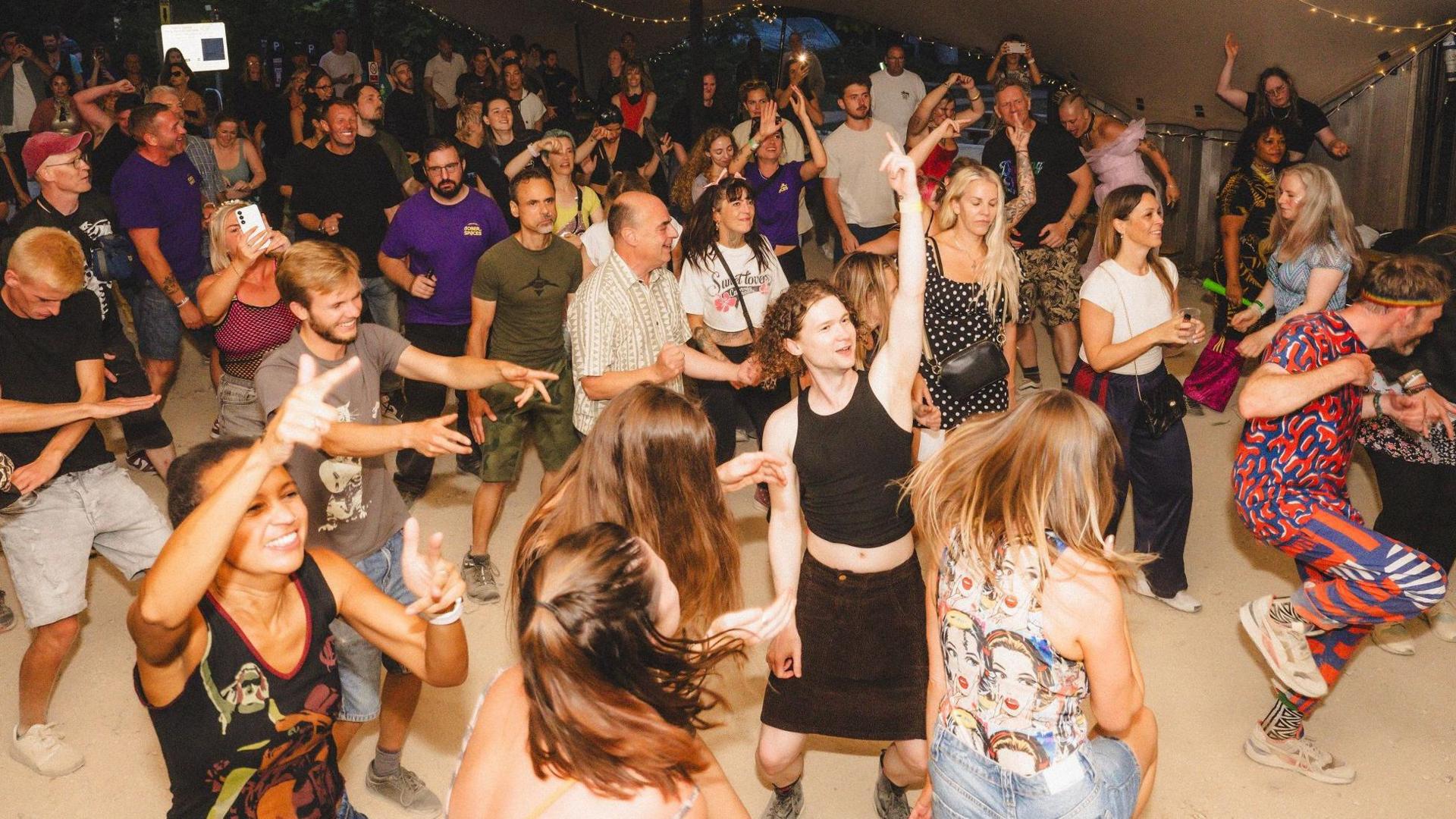
The Trinity Centre held Bristol Sober Spaces' first alcohol-free rave
- Published
Bristol's music scene is known for its thumping basslines and - for some - its booze-fuelled big nights out. But as more young people embrace sobriety, one group aims to prove you do not need drugs or alcohol to let loose on the dancefloor.
DJ Milly, better known as Milly on Air, has been in recovery for nine and a half years.
"For me, it was a choice between life and death, and I chose life," she said.
"I actually started DJing whilst I was in recovery. It was something that I had always wanted to do and addiction had meant my life was incredibly chaotic and I'd never actually managed to do it," Milly explained.
She was one of a host of artists who played at The Trinity Centre's first ever day-long sober rave on 3 August.
The event in Old Market welcomed anyone who chooses to avoid alcohol or drugs, whether that is for health, religious, recovery or personal reasons.
In the early days, Milly said being a sober DJ in the world of dance music made her feel "like an alien" - but in recent years she has noticed a "huge shift".
And that change is reflected in national figures.
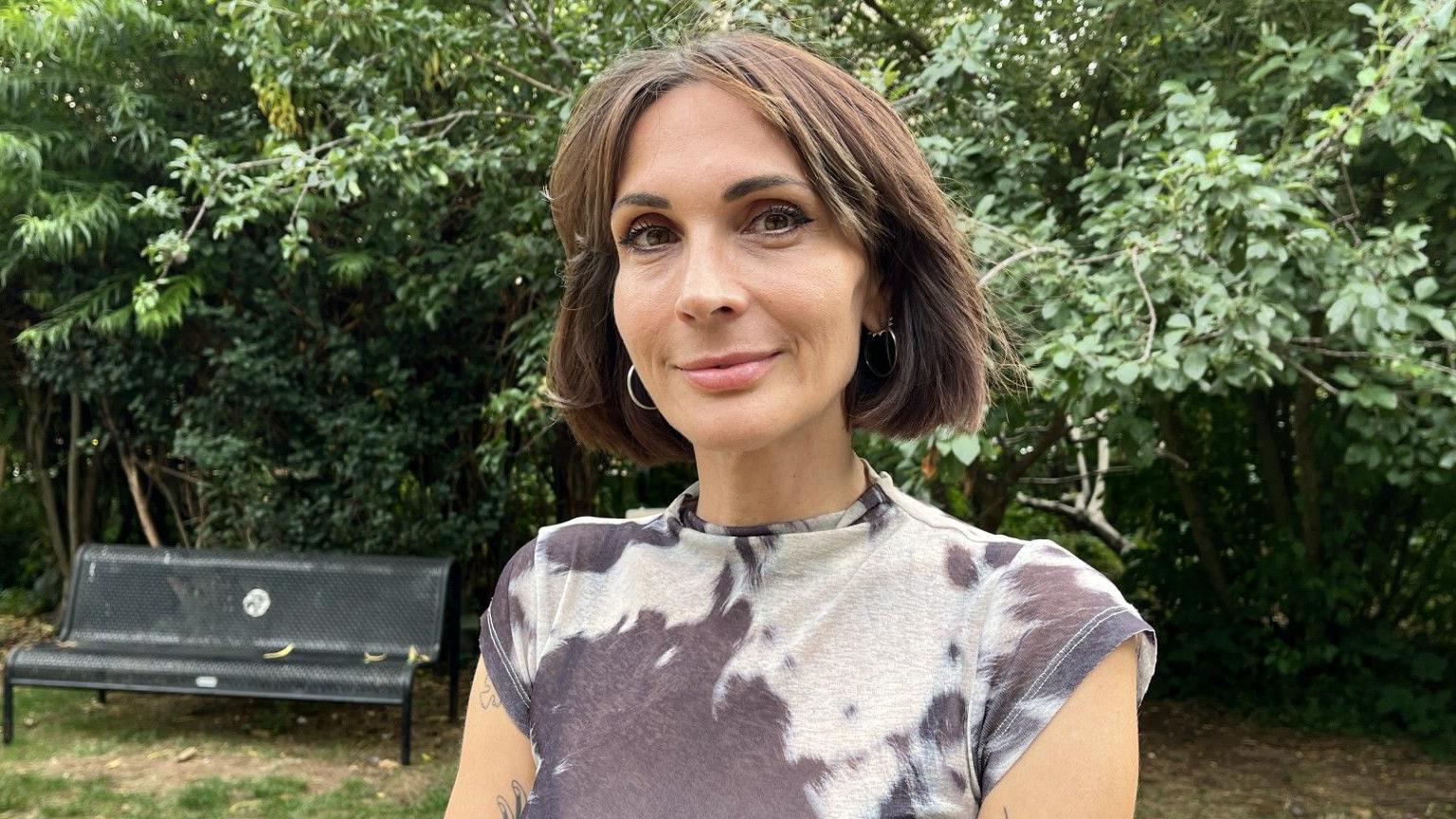
"For me it was a choice of life and death - and I chose life," said DJ Milly on Air
Research showed 19% of people in the UK aged 16+ did not drink alcohol, external in 2022, compared to 17% in 2011.
Young adults aged 16–24 were the most likely to be non-drinkers (25%), while those aged 55–64 were the least likely (14%), according to the survey.
Organisers of the Trinity Centre event - Bristol Sober Spaces - aimed to rewrite the narrative that nightlife and substances must go hand-in-hand.
The seven-hour rave featured local favourites Misneach, Discombobulator, Steven Stone, and Josephine Gyasi, and was headlined by drum and bass icon Nicky Blackmarket and Bristol's own Roni Size.
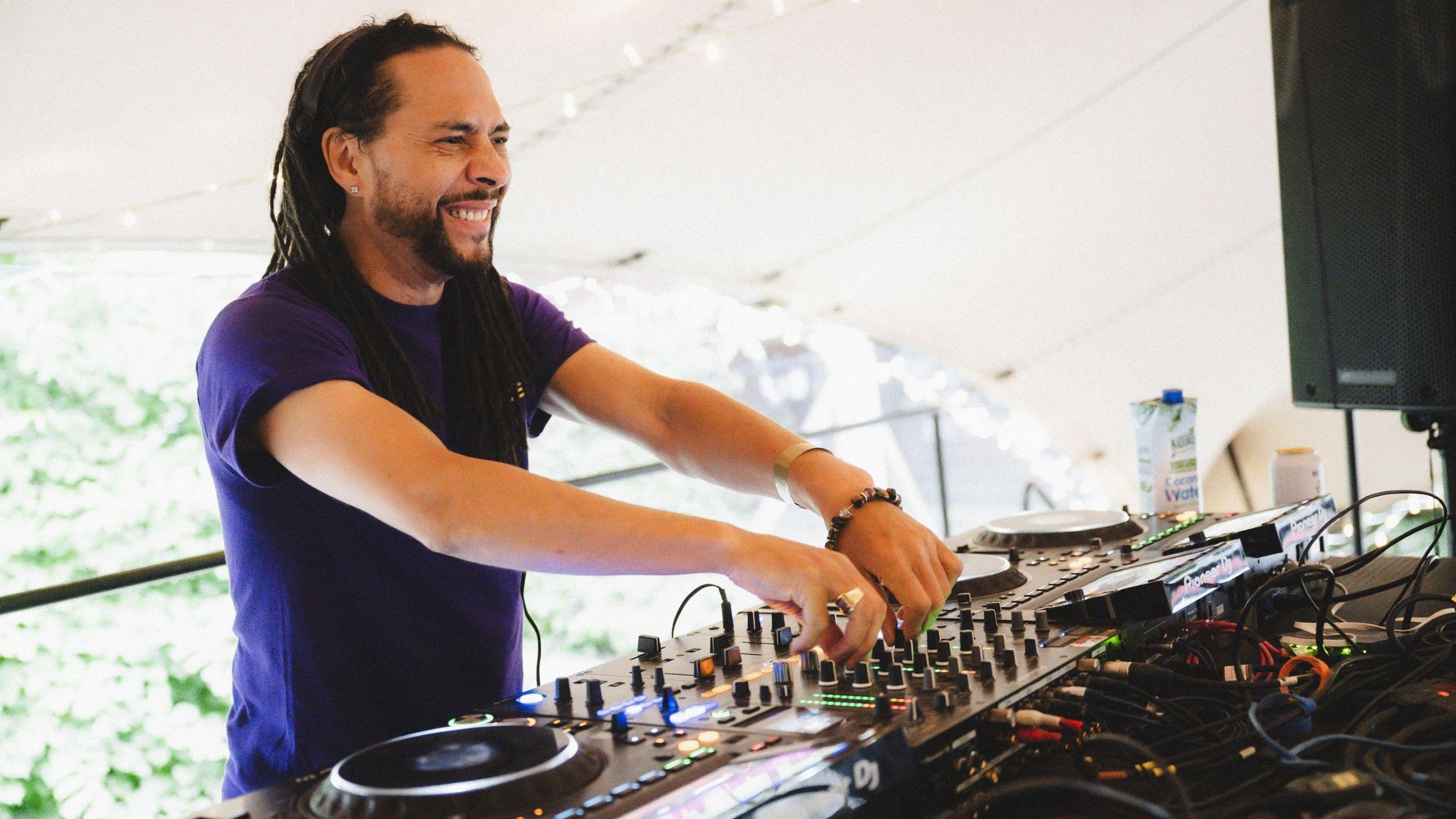
Roni Size said playing to a sober crowd was "incredible"
Reflecting on the gig, Roni Size said: "It was incredible. Performing to all those people, some of whom were going through recovery, was a totally different feeling to what I'm used to.
"I've [always] felt like people associate drum and bass, jungle and anything to do with DJs with drugs or alcohol.
"They think that you can't party without some type of influence to get you going - but that's not the case."
Bristol Sober Spaces is a collaborative project between Bristol Drugs Project - a drugs and alcohol support service - and Not Saints, a record label aimed at supporting those in recovery.
Since its formation in 2020, the group has hosted a number of sober events.
Volunteer Jade King said she avoided clubs altogether when she first became sober 11 years ago.
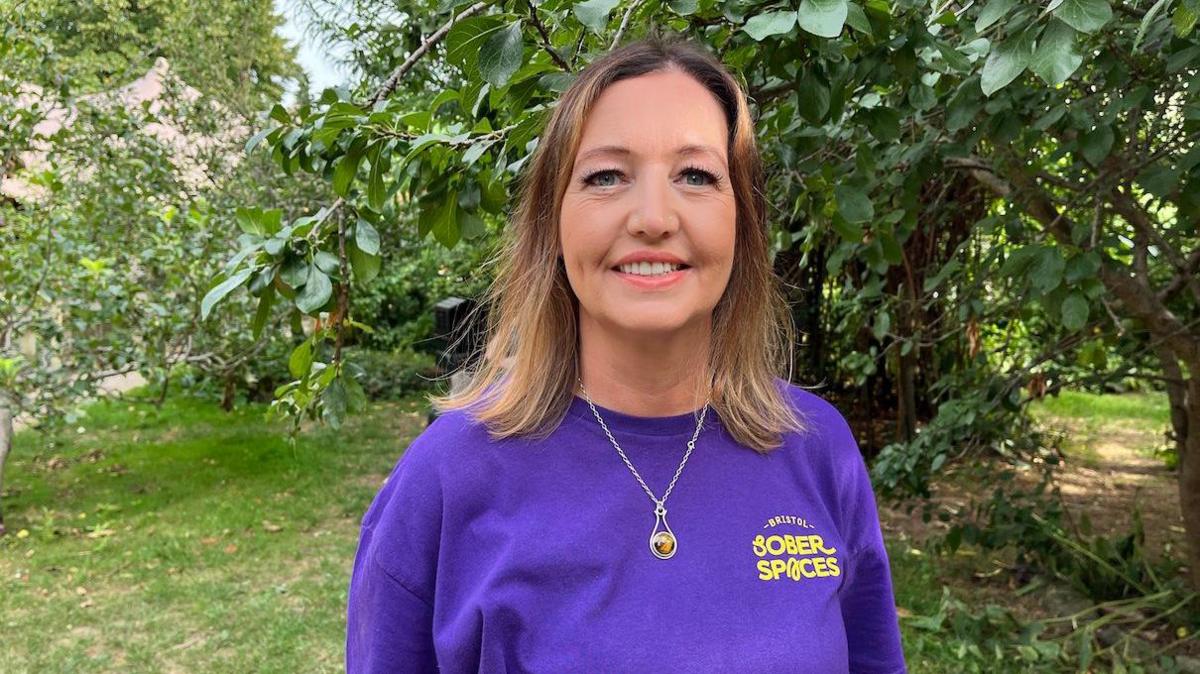
Jade said she stopped going out to clubs during her first year of recovery
Speaking about partying at sober events, she said: "A lot of my friends are here, I get to have a dance with them.
"I don't feel embarrassed about getting up and dancing in front of other people.
"These events are not just for people that are sober because maybe they've had a problem in the past - but also for people that just don't want to wake up tomorrow with a hangover."
Curtis Corbett-Blakemore, also a volunteer at Bristol Sober Spaces, said more people were focusing on wellness and mental health these days.
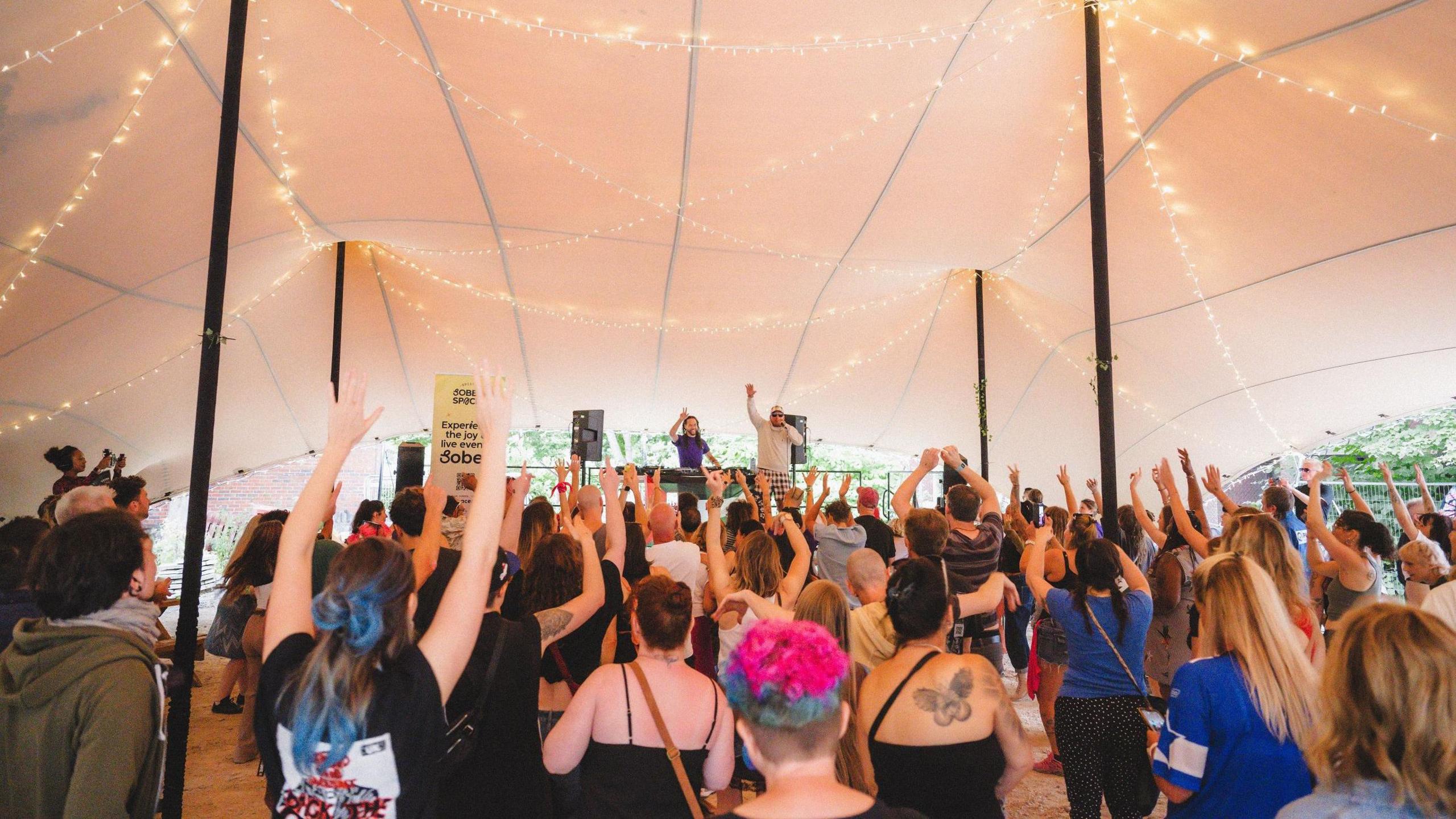
Drum and Bass DJ Roni size headlined the sober rave
"There's clearly a bit of a link between poor mental health and using substances.
"These events are important because, generally, people in recovery want to stay away from places where there's a lot of drug and alcohol use.
"It can be triggering for people that are in recovery and there are not a huge amount of options out there," he added.
Some of the DJs who performed at the rave said sober crowds were often the most engaged.
"There's something really special about playing at sober events. People are so engaged and so present," Milly said.
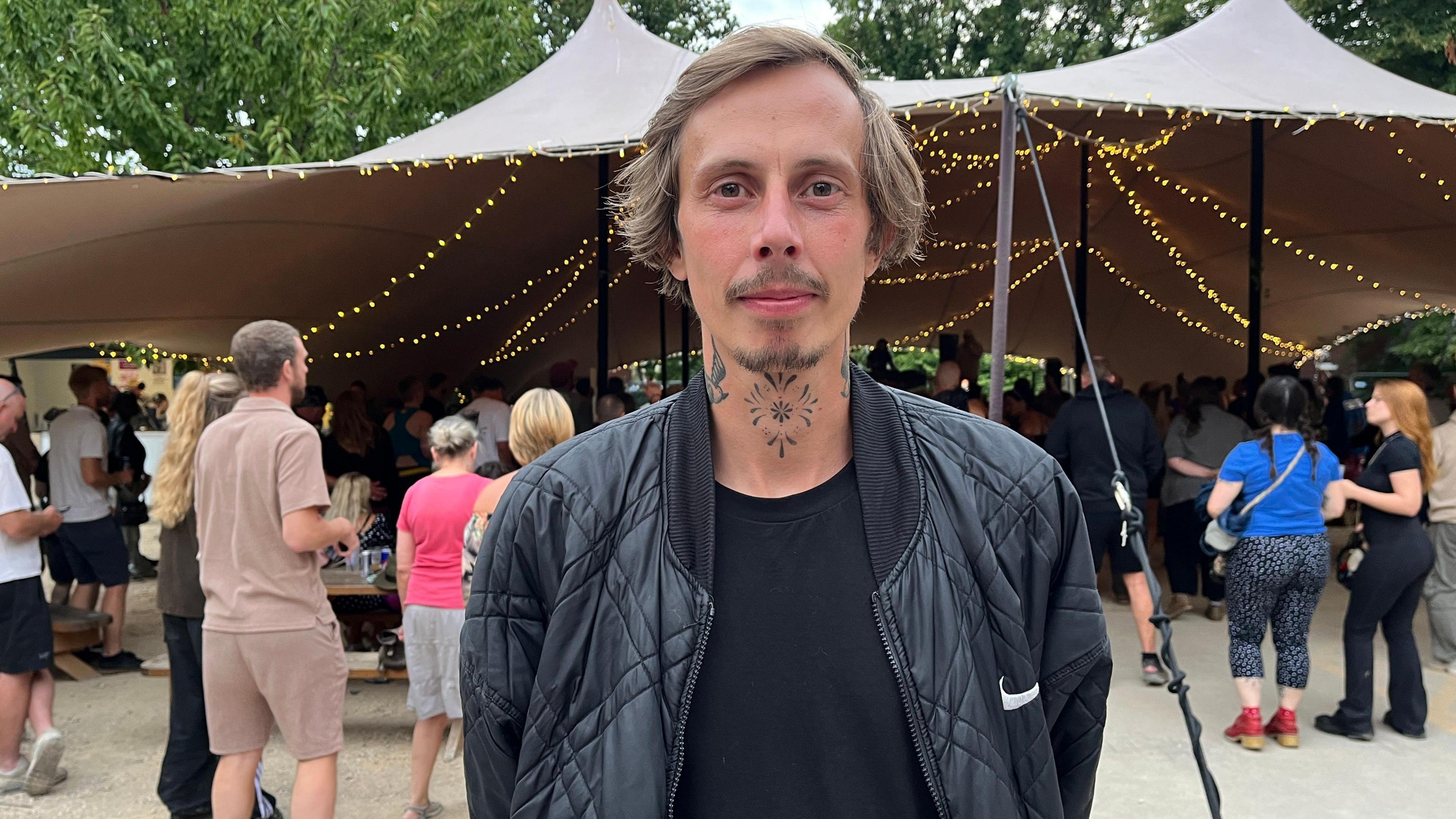
DJ Steven Stone said crowd participation in the event was "amazing"
DJ Steven Stone agreed, saying the energy levels in the crowd were "incredible".
"I've never seen anything like it. The participation's amazing and the interactions I've had since coming off the stage have been really wholesome," he said.
In the crowd was London-based music producer Mina, who does not drink and runs an alochol-free club night called Club Soft.
She said she was "curious" to see what happened when alcohol was removed, which she felt dominated nightlife and electronic music.
Mina added: "I found it's a really beautiful experience. You're surrounded by people that are really present and engaged.
"It's just one of the best feelings being on the dancefloor without alcohol."
If you, or someone you know, have been affected by addiction the BBC Action Line has details of organisations which may be able to help.
Get in touch
Tell us which stories we should cover in Bristol
Follow BBC Bristol on Facebook, external, X, external and Instagram, external. Send your story ideas to us on email or via WhatsApp on 0800 313 4630.
- Published4 June 2024
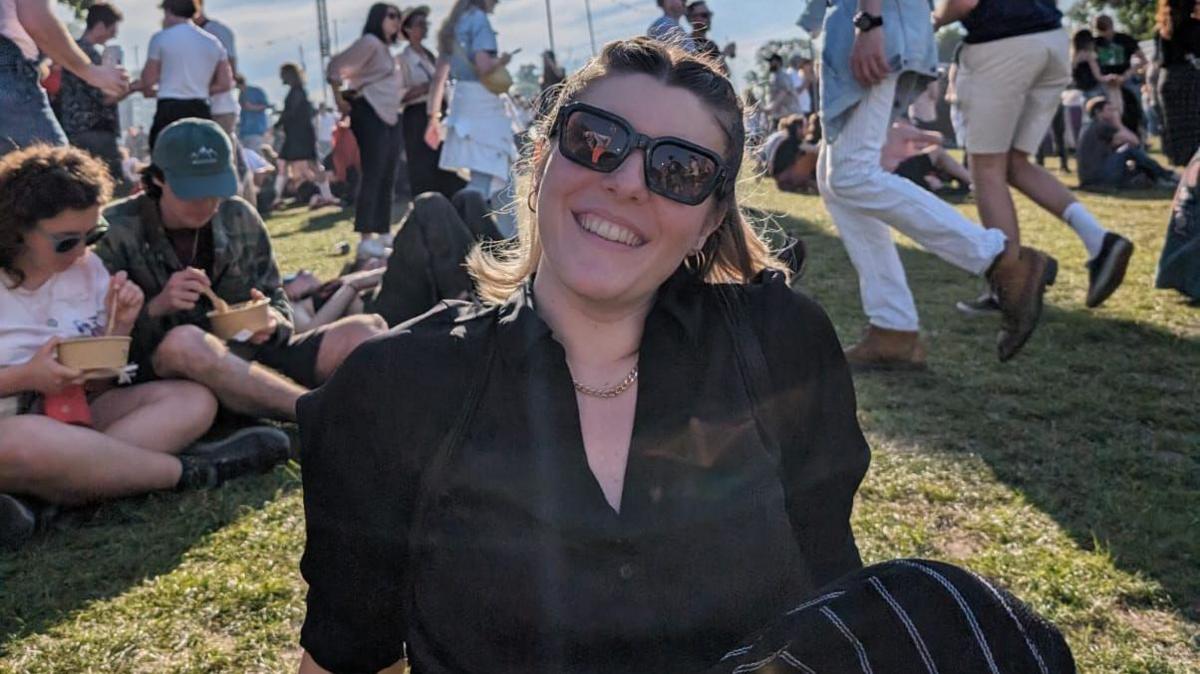
- Published3 January
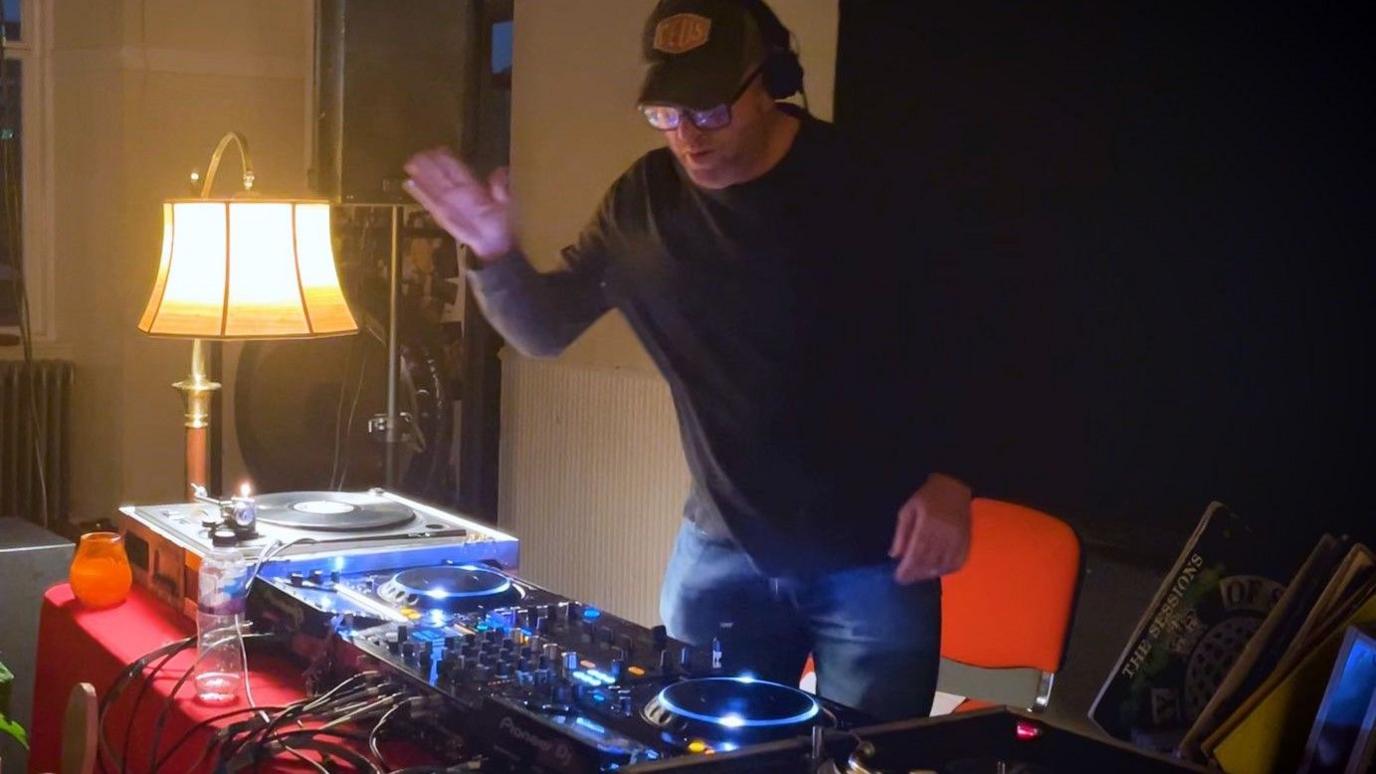
- Published18 January
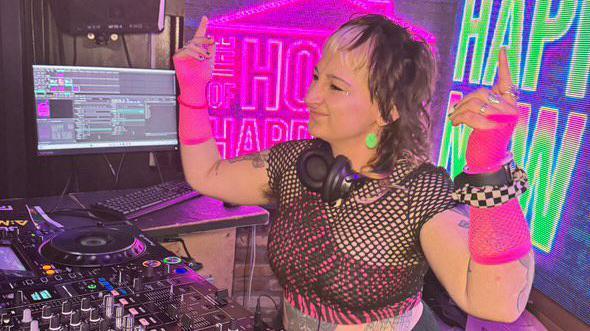
- Published20 December 2024
